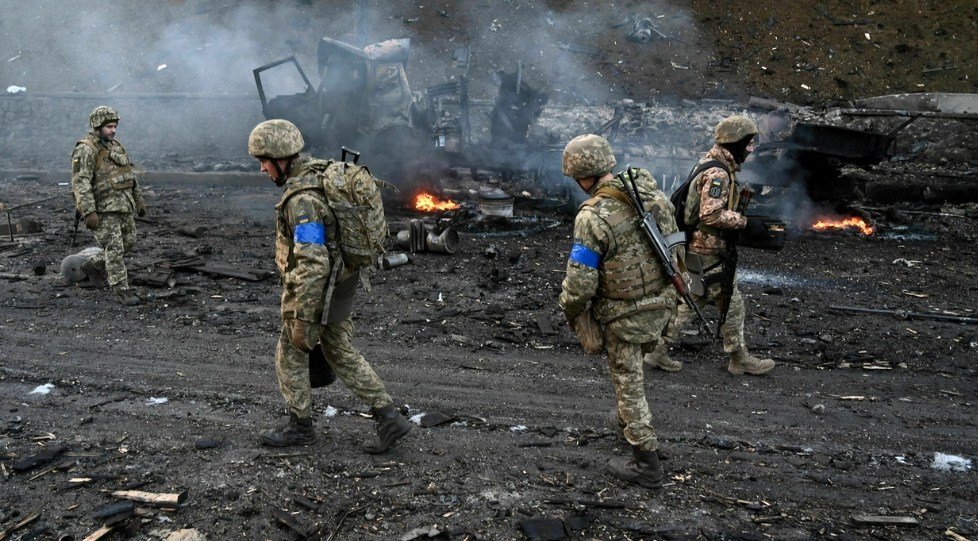A major cyberattack on a Ukrainian mobile operator has caused widespread disruption and alarm in the country, as banking services and air raid sirens were affected. The attack, which occurred on Wednesday, is the latest in a series of cyberattacks on Ukraine amid rising tensions with Russia.
Attack targets Kyivstar, the largest mobile operator in Ukraine
The cyberattack targeted Kyivstar, the largest mobile operator in Ukraine, which serves about 26 million customers. The attack disrupted the operator’s network, preventing users from making calls, sending messages, or accessing the internet. The attack also affected the operator’s website, which displayed a message claiming that the hacker group Anonymous was behind the attack.
Kyivstar said it was working to restore its services as soon as possible, and apologized to its customers for the inconvenience. The company also said it had reported the attack to the authorities, and was cooperating with the investigation.
The attack on Kyivstar also had a ripple effect on other sectors, as many businesses and institutions rely on the operator’s network for their operations. Among the most affected were the banking and financial sector, which experienced difficulties in processing transactions and providing services to customers.
Attack triggers false air raid sirens in several cities
The cyberattack also triggered false air raid sirens in several cities across Ukraine, including Kyiv, Lviv, and Kharkiv. The sirens, which are normally used to warn of an imminent attack or invasion, caused panic and confusion among the residents, who feared that Russia had launched a military strike on Ukraine.
The Ukrainian authorities quickly clarified that the sirens were false, and urged the public to remain calm and not to spread rumors. The authorities also said they were investigating the source and motive of the cyberattack, and whether it was linked to the ongoing conflict with Russia.
The cyberattack came amid high tensions between Ukraine and Russia, as the latter has amassed more than 100,000 troops near the border with Ukraine, and has launched a full-scale invasion of the country in February. The US and its allies have imposed sanctions on Russia, and have pledged to support Ukraine’s sovereignty and territorial integrity.
Attack raises concerns over Ukraine’s cyber security and resilience
The cyberattack on Kyivstar has raised concerns over Ukraine’s cyber security and resilience, as the country has been a frequent target of cyberattacks in recent years. In 2022, Ukraine suffered several cyberattacks on its government websites, which were attributed to Russian agents. In 2017, Ukraine was hit by a massive ransomware attack, known as NotPetya, which crippled its critical infrastructure and caused billions of dollars in damage.
Ukraine has been working to improve its cyber security and resilience, with the help of its Western partners. In 2019, Ukraine established a National Cyber Security Coordination Center, which is responsible for coordinating the cyber defense of the country. Ukraine has also signed several agreements and memoranda with the US, the EU, and NATO, to enhance its cyber cooperation and capabilities.
However, experts and officials have warned that Ukraine still faces significant challenges and threats in the cyber domain, and that it needs to invest more resources and efforts to protect its digital assets and infrastructure. They have also called for more international support and solidarity for Ukraine, as it faces a hybrid war with Russia, which involves not only conventional, but also cyber and information warfare.

